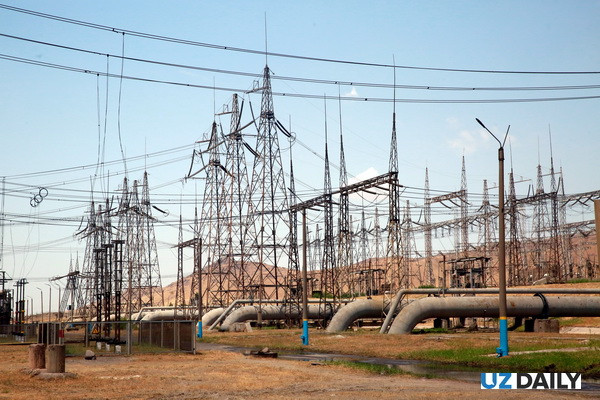
Power and Gas Supply Disruptions Remain the Main Challenge for Businesses in Uzbekistan
Power and Gas Supply Disruptions Remain the Main Challenge for Businesses in Uzbekistan
Tashkent, Uzbekistan (UzDaily.com) — Power and gas supply disruptions continue to be the biggest obstacle for businesses, according to a report by the Central Bank analyzing business sentiment in the second quarter of 2025.
The study shows that between April and June, 51% of respondents reported improved business conditions in Tashkent and the Tashkent region — five percentage points higher than in the first quarter. Positive assessments were particularly linked to better banking services and expanded access to credit, improvements noted by 56% of survey participants.
At the same time, no significant progress was observed in areas such as administrative regulation, market monopolization, tax administration, or licensing and permitting procedures.
After three quarters of decline, evaluations of gas and electricity supply began to show improvement. The share of respondents noting better road infrastructure rose by eight percentage points. Although the pace of fuel and energy consumption growth slowed, demand remained high in agriculture, delivery services, trade, and food service.
Freight transport volumes grew by seven percentage points, especially in agriculture, household services, and logistics. Demand for additional labor also increased in these sectors, as well as in manufacturing.
The Central Bank highlighted a strong rise in orders in agriculture, tourism, household services, and the IT sector.
Business credit and debt obligations accelerated in April–June: the share of companies reporting increased credit burdens rose from 26% to 36%.
At the same time, capacity utilization declined. The share of enterprises operating at full capacity dropped from 52% to 43%, affecting communications and IT, public utilities, education, and construction.
Among the main barriers to doing business, respondents continued to cite gas and electricity supply disruptions, rising rental costs, higher fuel prices, and administrative interference, with complaints in the latter category becoming more frequent.
More than half of respondents expect further growth in fuel and energy consumption, while forecasts for order volumes and labor demand have eased somewhat. Strong business activity is expected in the near term in agriculture, household services, healthcare, and tourism.
The share of companies requiring additional loans increased slightly, with demand for credit projected to rise particularly in agriculture, services, construction, and supply chains.
Looking ahead, 57% of respondents (+4 p.p. compared to the previous quarter) expect economic and business conditions to improve over the next three years, while the share of those anticipating deterioration has halved, from 19% to 9%. The remaining 27% do not foresee any changes.